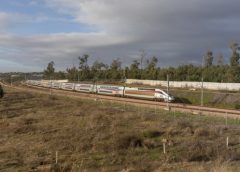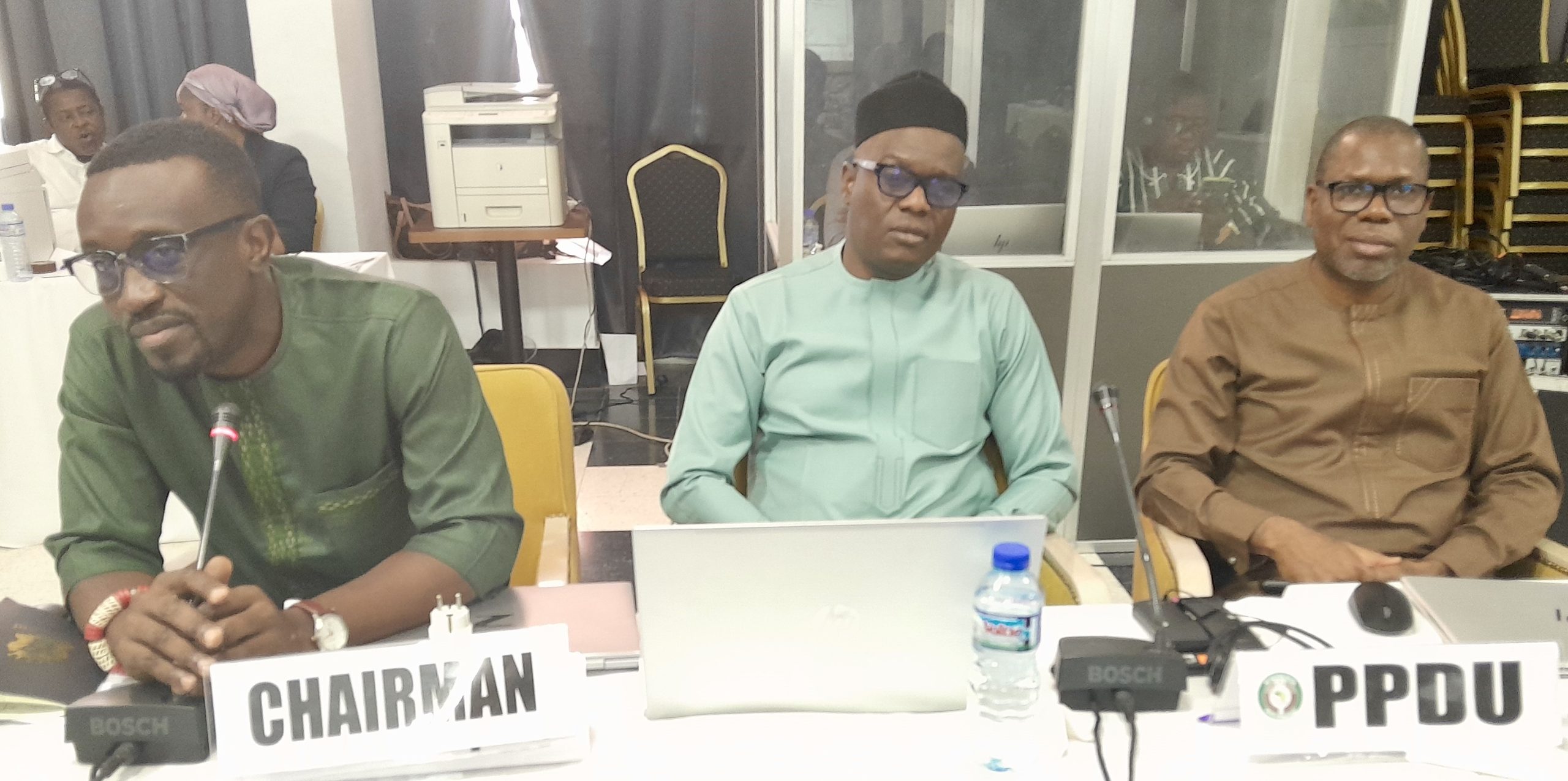The recent $40 million loan approval from the African Development Bank to Mozambique’s Rail and Port Authority, Portos e Caminhos de Ferro de Moçambique EP (CFM), marks a significant milestone in enhancing the country’s railway infrastructure. This financial injection aims not only to boost trade and development but also to shape a more sustainable future for Mozambique.
Approved on January 31, 2024, as part of CFM’s strategic plan for 2021-2024, the loan targets the acquisition of rolling stock for the country’s primary railway corridor, the Ressano Garcia line. The African Development Bank plans to mobilize an additional $30 million from other lenders for this project, with the implementation period extending throughout 2024.
The core objective of this project is to strengthen CFM’s logistical capabilities by expanding its rolling stock. The Ressano Garcia railway line, responsible for over 90% of CFM’s total rail traffic, will undergo significant operational efficiency improvements.
The allocated funds will facilitate the purchase of ten diesel-electric locomotives with 3000/3300 horsepower, 300 wagons, and 120 tank containers. Additionally, the financing will cover a three-year maintenance program for the new locomotives, including training for CFM’s maintenance personnel.
The project’s implementation aims to bring about significant changes in Mozambique’s logistics landscape. By reducing transportation costs, improving efficiency, and leveraging economies of scale, the Ressano Garcia railway corridor is poised to become an economical and efficient logistics transport solution.
Beyond logistical enhancements, this project is expected to contribute to Mozambique’s socio-economic development. By facilitating trade, creating jobs, and transferring skills, it aligns with the African Development Bank’s goals to strengthen the capacities of African countries.
A noteworthy aspect of the project is its positive environmental impact. The project is projected to achieve a net carbon savings of 744,511 kilotonnes of CO2 over the period 2023-2035, contributing to global sustainability efforts.
Local populations, including women, stand to benefit from improved access to markets for exchanging goods and services. The positive effects on travel and carbon emissions are also expected to enhance the quality of life in regions along the railway corridor.
LogisT-Africa –






